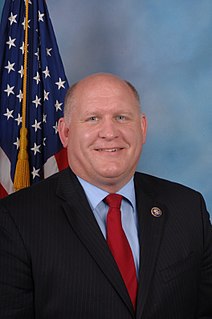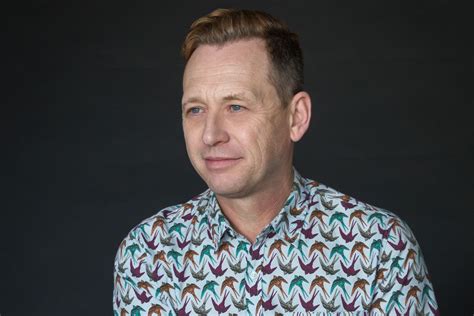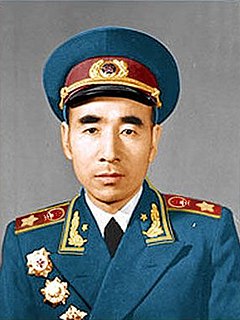A Quote by Tom Vilsack
I think we have not done a good job of explaining to people in rural America what is actually happening, number one. And, number two, we're not expressing appreciation and acknowledging the contribution that rural America makes. Where does your food come from? Where does the water come from? Where does the energy feedstock come from? It all comes from rural areas. Where does your military come from? Nearly 35 to 40 percent of the military is from 15 percent of America's population living in rural America. It makes a tremendous contribution to this country. It just isn't recognized.
Quote Topics
Related Quotes
People don't understand rural America. Sixteen percent of our population is rural, but 40 percent of our military is rural. I don't believe that's because of a lack of opportunity in rural America. I believe that's because if you grow up in rural America, you know you can't just keep taking from the land. You've got to give something back.
Sixteen percent of our population is rural, but 40 percent of our military is rural. I don't believe that's because of a lack of opportunity in rural America. I believe that's because if you grow up in rural America, you know you can't just keep taking from the land. You've got to give something back.
I think the Democrats have - we really have failed to be in rural America, in the sense of having our leaders spending time talking to folks in rural America. The president Barack Obama has been there, but other than the president and vice president, we have had not a whole lot of conversation in rural America.
Very few people know that my department is responsible for 1.2 million home loans since I have been secretary. That's 1.2 million families that are living in homes in rural America that would never have homeownership, but for the United States Department of Agriculture's programs. We have to do more of educating people about the partnership that does exist between rural America and their government.
I've spent my life living in rural America, some of it in blue state Vermont, some of it in red state upstate New York. They're quite alike in many ways. And quite wonderful. It's important that even in an urbanized and suburbanized country, we continue to take rural America seriously. And the thing that makes Vermont in particular so special, and I hope this book captures some of it, is the basic underlying civility of its political life. That's rooted in the town meeting. Each of the towns in Vermont governs itself.
A beautiful literary collection that tells of today's country doctor, somewhat removed from our romantic black-bag image of days gone by, but still fulfilling an essential need in caring for spread-out populations. At times, with today's advances in technology, medicine in rural America looks very like it does in America's cities, but the variety of practices is enormous. The Country Doctor Revisited captures the trials and tribulations of medicine, but also the satisfaction and the extraordinary rewards that come to those who embrace such a practice.



























